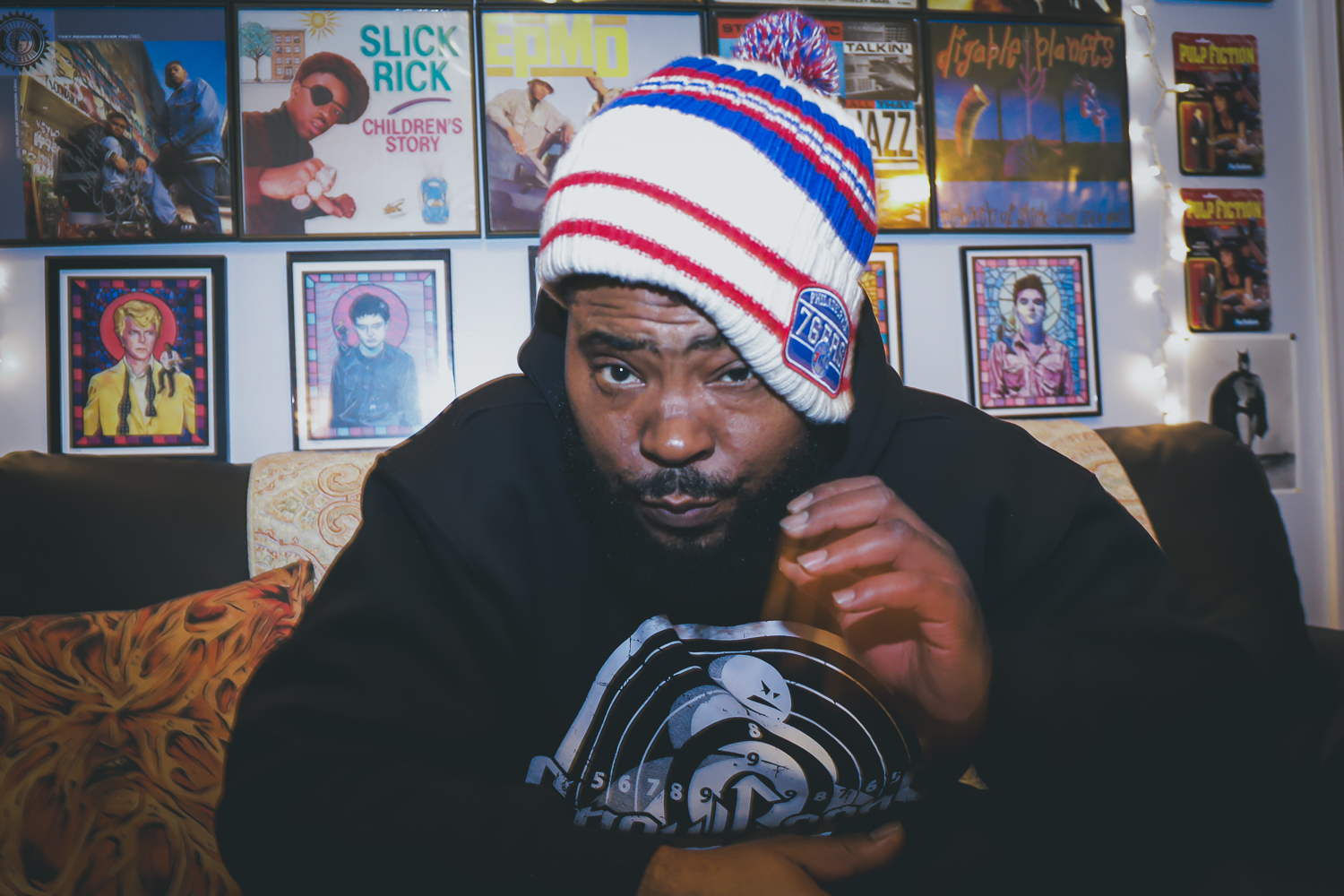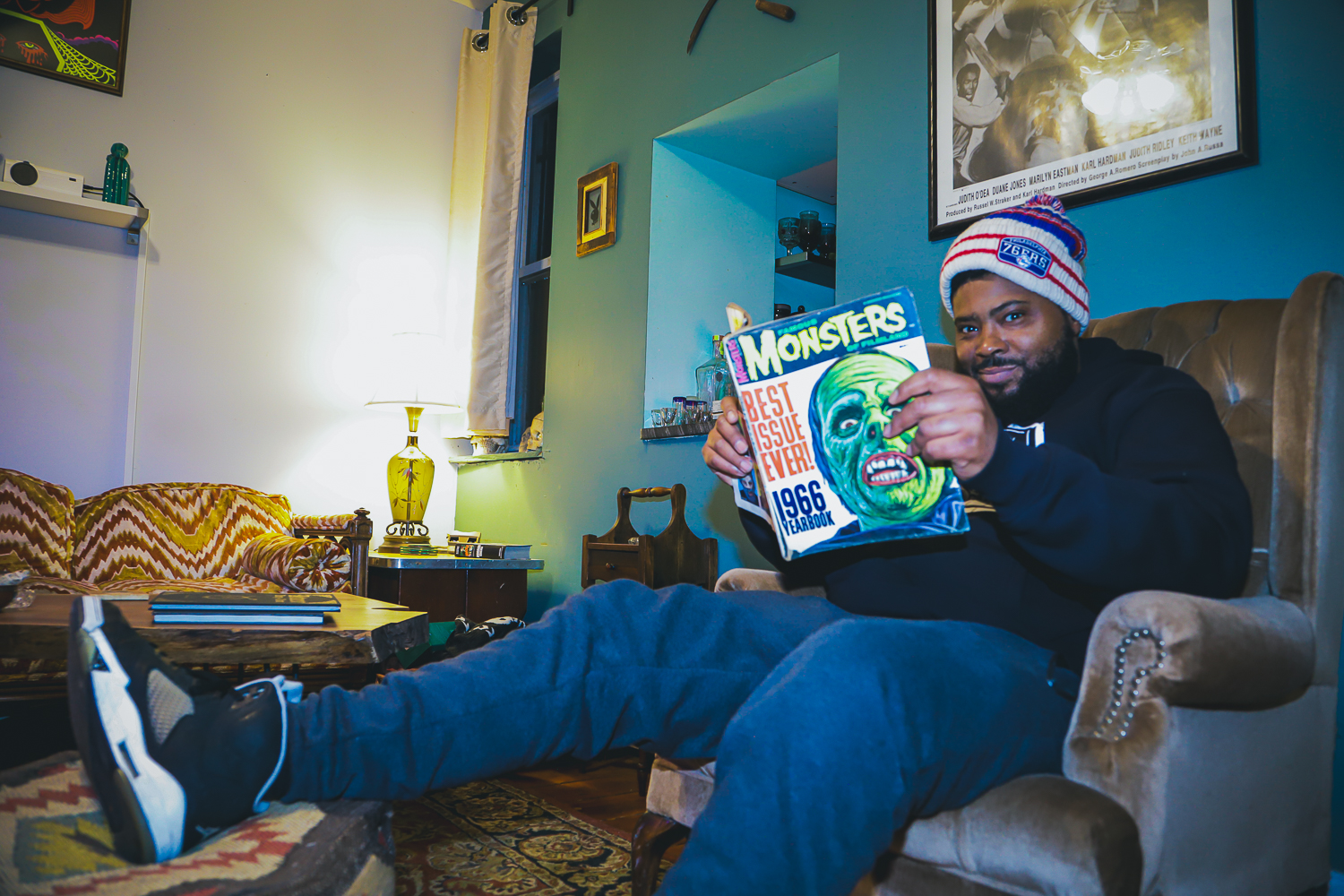Hip-hop turned 50-years-old last year, and naturally, some of the mainstream greats have begun to outgrow their relatability. At this point in his career, Jay Z’s music has surpassed the wallets of his target audience. This even includes the fans who have found financial success and upward mobility. Jay Z is in a class of his own and his music has become aspirational and that of pipe dreams.
But that leads us to the question “What should you be rapping about as a grown ass man?” Is it still clubs, hoes, money, and drugs, or can we unearth more substance? Well, for there to be something more in the music, there has to be something real in the artist, and the artist has to be willing to share real shit.
The bravado and bragging will likely be a mainstay in hip-hop for eons to come, and that’s fine. That’s not the point of contention here: the issue is finding something that makes sense for the adults we’ve all become. Hip-hop is so damn new as a music genre. On the other hand, rock music has been around for centuries and can easily trace its roots back to Africa. Rock’s been around so long that it’s had time to incubate and expand into sub-genres like death metal and proto-punk. Hip-hop is that two-year-old that’s just now figuring out their fine motor skills and discovering that they no longer have an affinity for applesauce. Younger generations are creating new and interesting hip-hop off shoots, just as rock music did, and often, many heads in the culture are still questioning the validity of these new waves.
Then you have artists like Reef The Lost Cauze, who, unlike Jay Z, are accessible to many of the grown folks who came of age alongside hip-hop. In his album The Triumphant, Reef’s growth and development as an artist, father, husband, son, brother, and friend are on full display. On this 15-track project, Reef dives deep into fatherhood, substance abuse, work/life balance, and other adult responsibilities. There’s even a quick nod to the next generation.



